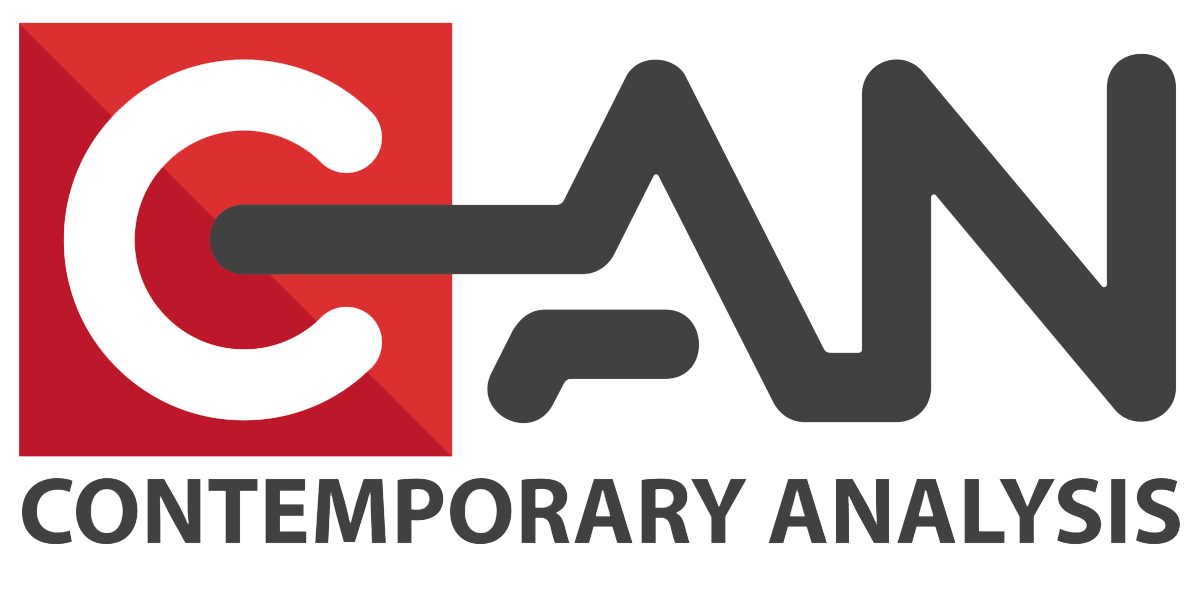We get asked all the time at CAN “what is data?” “Data” is a term to describe facts, processes, or events that are able to be recorded and measured. Whether descriptive or quantitative, nearly anything can be converted into data. Facebook profiles, sales numbers, interest rates, zip codes, twitter tweets, emails, DNA sequences, and flight tracking information are all examples of data – and we have a lot of it. Data is collected from many different places, and while humans can collect data, machines and technology can collect far more and do it quicker. Computing systems are designed to collect massive amounts of data on the processes they observe or facilitate, yet most of this is never used. Data sits idle because no one has figured how to use it. Technology on the processing side and collecting side have nearly caught up and this is starting to make all the difference.
Thanks to these advances in computer processing power and storage capacity, 90% of the data available to humankind were nonexistent 2 years ago. Think about that for a minute. In other words, data are this age’s most abundant raw material.
Like petroleum and iron ore, data is only useful if refined beyond its original state.
The data hierarchy
1. data (raw material) > 2. information (refined data) > 3. knowledge (actionable data)
Here’s an example of these layers of data. Consider data on a customer, such as what, where, when and how much they buy of something. This can be converted further into information, clean it up, and present it in a fashion that allows us to ask more questions of it. We obtain knowledge by using the information to figure out answers to different business questions. Questions like: when are customers most likely to buy at a given time, frequency, or volume, which gives a company actionable information. Converting to knowledge requires using advanced mathematics and modeling techniques to uncover patterns and connections within the data to make inferences or predictions of future behavior.
An upside to a business having such overwhelming amounts of data is that the larger our sample size gets, the more accurate our predictions become. The more powerful our computers get, the quicker we can extrapolate meaning. We live in exciting times where a company’s ability to metabolize data to strengthen decision making is more possible than it was even 4 years ago both financially, and technologically.
